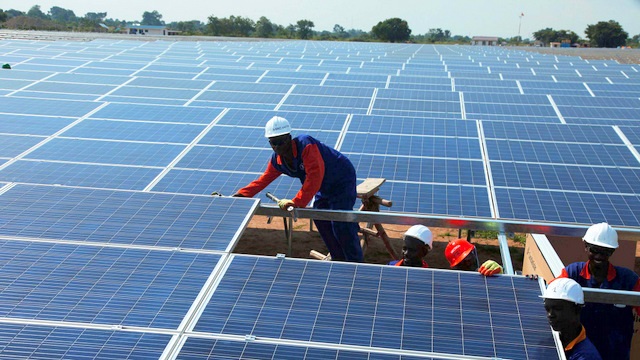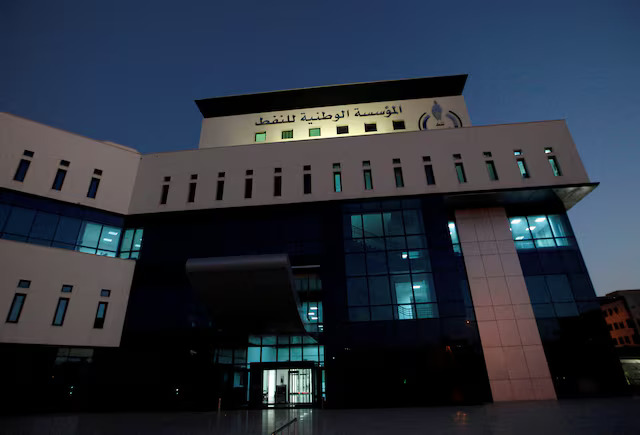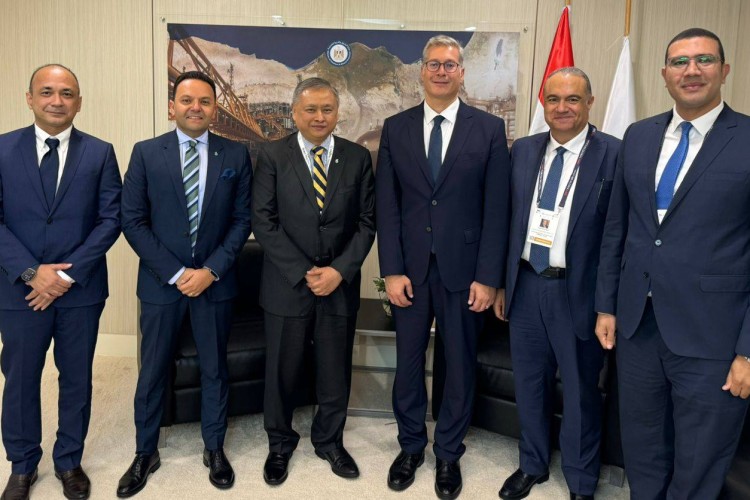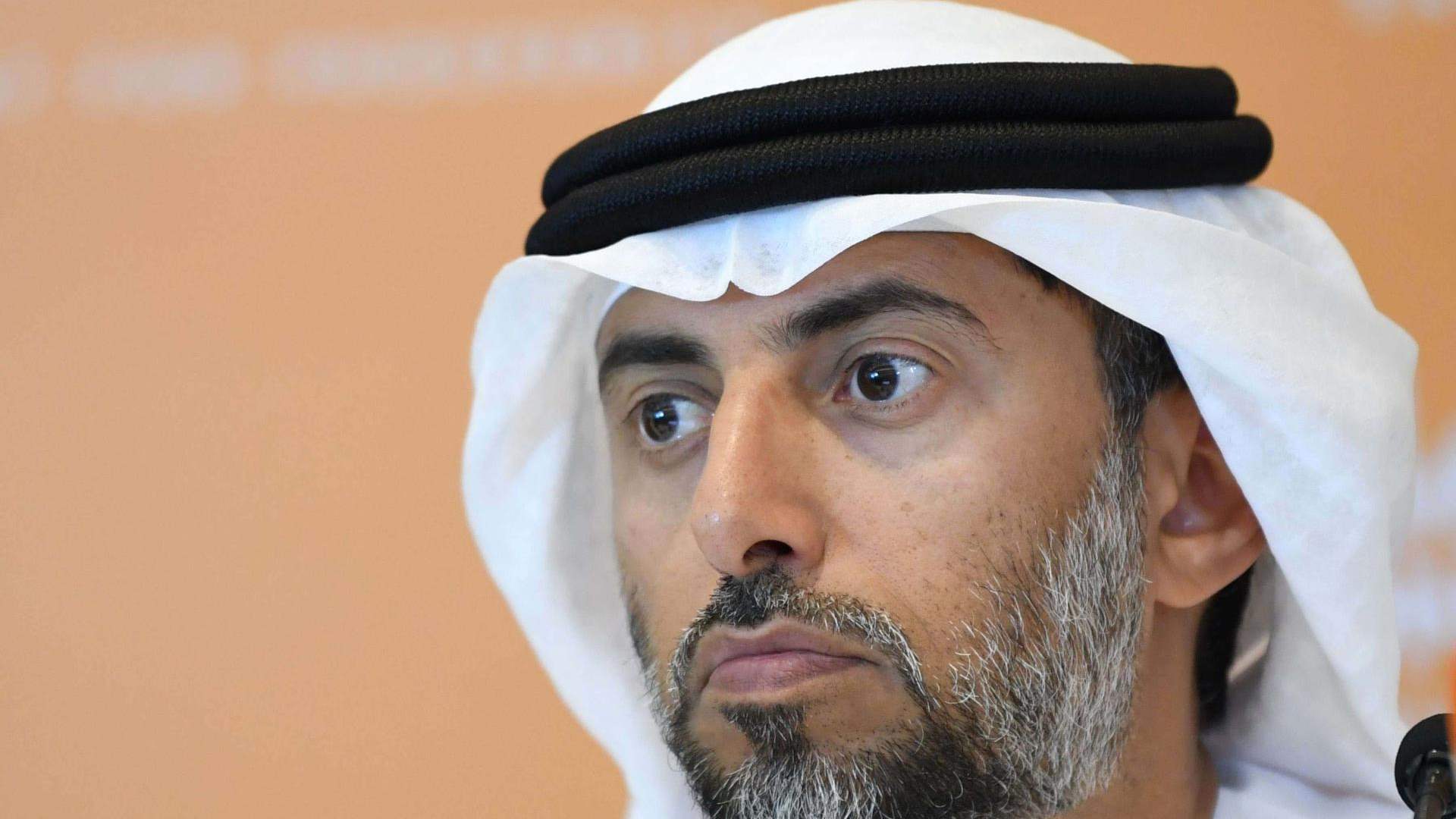Distribution

Mini-Grids Changing Fortunes for Rural Ugandans

With the majority of Ugandans living in rural areas, many of whom remain unconnected to the national electricity grid, the European Union (EU)-funded Mini-Grids Programme has become a game-changer in advancing Uganda’s goal of achieving universal access to electricity by 2030.
The Pro Mini-Grids Project, a flagship initiative co-funded by the EU (€3.7 million) and the Government of Germany (€0.8 million), and implemented by the Deutsche Gesellschaft für Internationale Zusammenarbeit (GIZ), has demonstrated a sustainable model for delivering reliable electricity to remote communities. Mini-grids—small-scale electricity networks that can operate independently or alongside the national grid—are proving to be a dependable and environmentally friendly solution for rural electrification.
So far, the EU-backed initiative has enabled more than 20,000 people, including host and refugee populations, to gain access to clean and reliable energy.
One of the most transformative examples can be seen in Lamwo District, Northern Uganda, where at least 25 solar-powered mini-grids are changing livelihoods. Over 3,000 households and 100 business units in the district are now benefiting from sustainable electricity access.
According to Dennis Onyong, Chairperson of Apyeta Village, the mini-grid in his community has been life-changing.
“Despite producing a lot from our gardens, we used to earn very little because we couldn’t add value to our products. With this mini-grid, we can now process our produce before selling it, which allows us to earn better prices,” he said.
Beyond providing clean and reliable power, the project has established a Renewable Energy Training Centre, which has trained 250 solar technicians. These professionals are essential in maintaining energy systems, unlocking new energy demand, and driving job creation within local economies.
The mini-grids have also been pivotal in promoting rural industrialization. They have powered maize mills, welding workshops, cold storage shops, phone-charging centers, and salons—facilities that not only boost productivity but also create employment for rural populations. So far, 300 small and medium enterprises (SMEs) have been supported and trained, helping to unlock energy demand and stimulate economic growth.
To ensure sustainability and productivity, the project facilitates training and access to finance for SMEs, smallholder farmers, and households. This integrated approach ensures that electricity access directly translates into economic development and improved living standards.
Building on the success of the Pro Mini-Grids Project, the EU and Germany recently launched the GET Access Uganda Project, valued at €35 million, aimed at scaling up mini-grid solutions to reach an additional 150,000 people across 153 villages, particularly in Northern Uganda and the Lake Victoria region. These areas were strategically selected for their high solar energy potential, which the mini-grids are designed to harness.
Under the new project, subsidies are provided to private developers to reduce the cost of mini-grid deployment, ensuring that electricity remains affordable for end-users while encouraging private sector participation.
Speaking about the partnership, EU Ambassador to Uganda, Jan Sadek, emphasized the alignment between Uganda and the EU on sustainable energy goals:
“As Uganda's largest development ally, we mobilize financing that leverages both private and public investments, prioritizing green and climate-friendly transitions, sustainable growth, and job creation. Team Europe remains at the forefront of supporting Uganda’s energy sector through strategic investments and collaborative efforts.”
Hon. Ruth Nankabirwa, Minister for Energy and Mineral Development, reaffirmed the government’s commitment to expanding mini-grid solutions:
“Mini-grids continue to play a vital role in electrifying remote communities and bridging the energy divide,” she noted.
As Uganda accelerates its journey toward universal energy access, mini-grids stand out as a cornerstone of rural transformation—driving productivity, enhancing livelihoods, and powering a sustainable future for all.












